As a middle-aged (when did that happen) woman who plays games I often find myself in the situation where I am either called upon to “prove” my credibility as a gamer or simply ignored in gaming spaces. The former happens in both academic and non-academic spaces. Unfortunately in academic spaces this gatekeeping process is usually initiated not only because I am a woman, but because I am also a person of color. In non-academic spaces women are generally seen as interlopers and women trying to make a positive change in the games space as seen as SJWs who simply want to destroy games. And on a more basic level women like me are not seen at all.
Whenever I walk into a new (video) game store for the first time I look for a friendly face. Scratch that, I look for a woman’s face. Someone who will know that women game. Someone who won’t assume that I am there to buy games for some male person in my life. Someone who will know how it feels to walk through that door for the first time. And when I find that face I breathe a little easier because I know that the brief smile and glance that transpires between us says more than any lengthy conversation could. And then I shop. I shop without someone asking me if I know what system I am shopping for, without someone directing me towards games that might be more appropriate for small children or more casual gamers and I shop knowing that if I need any help finding something that I won’t be ignored. In essence, I know that that is (at that moment) a space for me because I won’t be called upon to jump through anyone’s gatekeeping hoops.
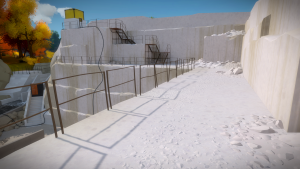 Gamers who don’t fit the perceived demographic (not the actual one that tells us that gamers are 48-52% female depending on the study) often find themselves the victim of all kinds of gatekeeping strategies like this and, sadly, we’ve come to expect it from some folks in the community and the industry. But…and there is always a but, when we see blatant gatekeeping built into games I get even more pissed off. And that happened this week for me with Jonathan Blow and his upcoming game, The Witness.
Gamers who don’t fit the perceived demographic (not the actual one that tells us that gamers are 48-52% female depending on the study) often find themselves the victim of all kinds of gatekeeping strategies like this and, sadly, we’ve come to expect it from some folks in the community and the industry. But…and there is always a but, when we see blatant gatekeeping built into games I get even more pissed off. And that happened this week for me with Jonathan Blow and his upcoming game, The Witness.
Now there has been little love lost for me with Blow. I have always found him to be unreasonably and unnecessarily arrogant and self-important. While I found his 2008 game, Braid, aesthetically pleasing and pretty fun to play, it wasn’t the interactive masterpiece that gave him the video game god status that he claimed and used to belittle other designers and their games. So when the Playstation blog interview with Blow came out this week and Blow boasted of the fact that there is at least one puzzle in the game that only 1% of players will be able to solve and that his game and it’s puzzles were so “deep” that it would take at least 100 hours to complete, I just saw it as more gatekeeping on his part. Blow has spent much of his time in the spotlight engaging in such gatekeeping rhetoric. Designers aren’t good enough unless they design like he does (in his one adequate, successful game release) and gamers aren’t good enough unless they can solve these unnecessarily impenetrable puzzles and devote more than 100 hours to doing so.
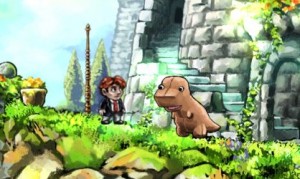 Really? What happened to designing games and game experiences that could be enjoyable for those outside of the 1%? His seeming dismissal of Braid as a “smaller, simpler game” does not bode well, in my opinion, for The Witness. It’s not that Braid was so difficult, but that it was just plain fun. It wasn’t a game with indecipherable and frustrating puzzles that demanded 100 hours of my time to complete. And I really question why, outside of wanting to establish a gamer hierarchy, Blow would want The Witness to be? The first thing that comes to mind for me is that it is more of his gamer/designer elitism. It’s only the gamers who are “smart” enough, “dedicated” enough, and have one hundred frigging hours of free time to devote to a puzzle game that will also be “good enough” and “gamer” enough to say that they one hundred percented The Witness. As a gamer and a consumer I also see a more practical side to my philosophical objections to this kind of behavior. In his attempt to make his game this uber-difficult “test your gamer mettle” exercise, has Blow actually made a game that will be impossible to play and ultimately a failure? I suppose only time will tell.
Really? What happened to designing games and game experiences that could be enjoyable for those outside of the 1%? His seeming dismissal of Braid as a “smaller, simpler game” does not bode well, in my opinion, for The Witness. It’s not that Braid was so difficult, but that it was just plain fun. It wasn’t a game with indecipherable and frustrating puzzles that demanded 100 hours of my time to complete. And I really question why, outside of wanting to establish a gamer hierarchy, Blow would want The Witness to be? The first thing that comes to mind for me is that it is more of his gamer/designer elitism. It’s only the gamers who are “smart” enough, “dedicated” enough, and have one hundred frigging hours of free time to devote to a puzzle game that will also be “good enough” and “gamer” enough to say that they one hundred percented The Witness. As a gamer and a consumer I also see a more practical side to my philosophical objections to this kind of behavior. In his attempt to make his game this uber-difficult “test your gamer mettle” exercise, has Blow actually made a game that will be impossible to play and ultimately a failure? I suppose only time will tell.

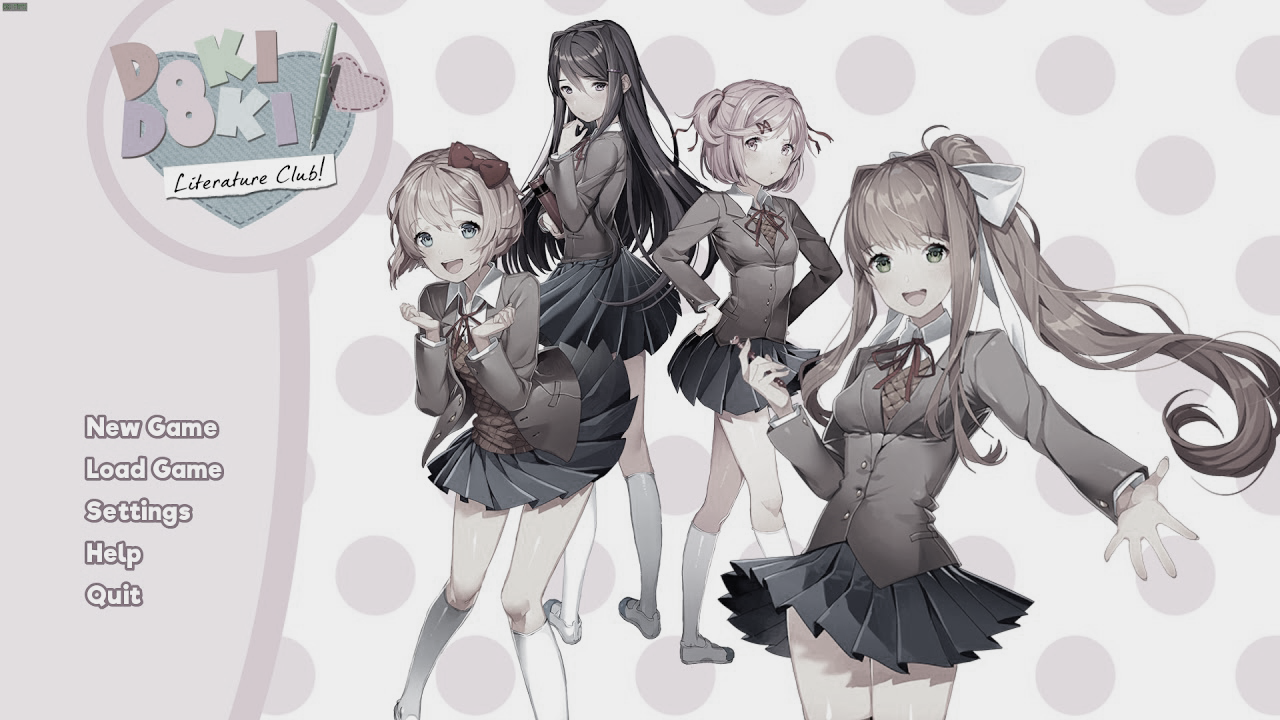
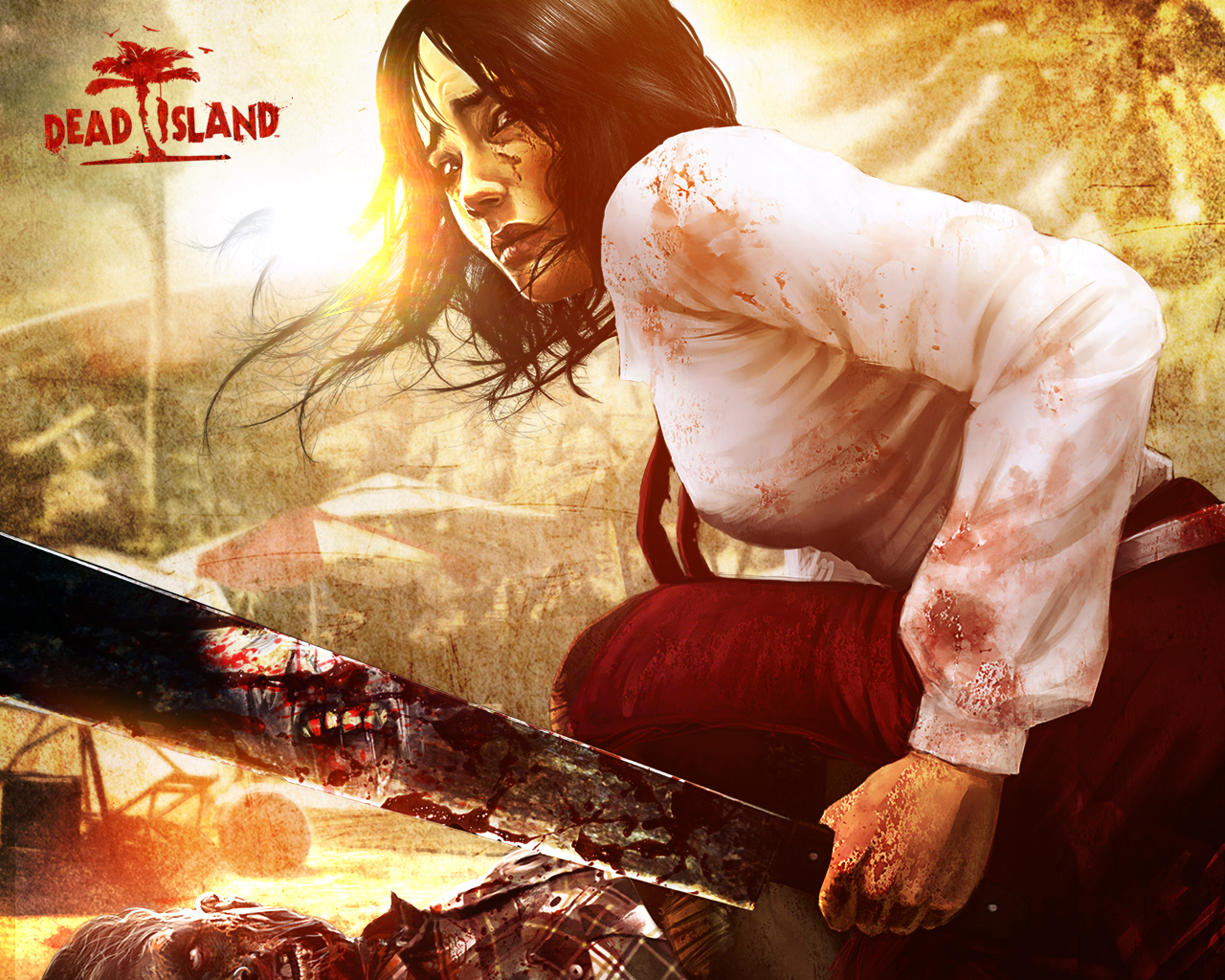
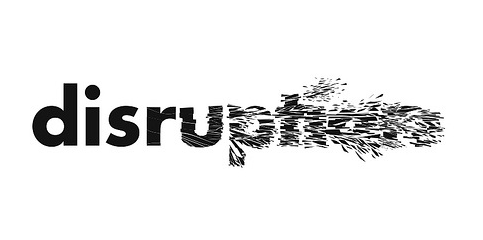

One thought on “From White Picket Fences to Video Game Gatekeeping”
This is an issue I often think about and it ultimately discourages me from playing games I would otherwise like to play. A recent example is Destiny’s requirements that a player have regular friends that they can play end-game content with; thus the design’s ignorance or marginalization of solo players sours the game experience for me and many other players in similar circumstance.
On the John Blows part, I think the play-station interview was just a marketing stunt to attract the majority ‘Hard-core gamer’ demographic by making the game a challenge to their gamer identity: (i.e. Developer: Our game is so challenging only true gamers can play it. Players: Challenge accepted). Play-station also markets themselves this way with slogans such as “Greatness awaits” and “This is for the players”, so its no surprise that their news content adopts similar tactics to market their products and exclusives. From reading the development blogs of the witness I see the team has put extreme focus upon making the experience as accessible to as many people as possible, thus the play-station interview seemed rather odd.